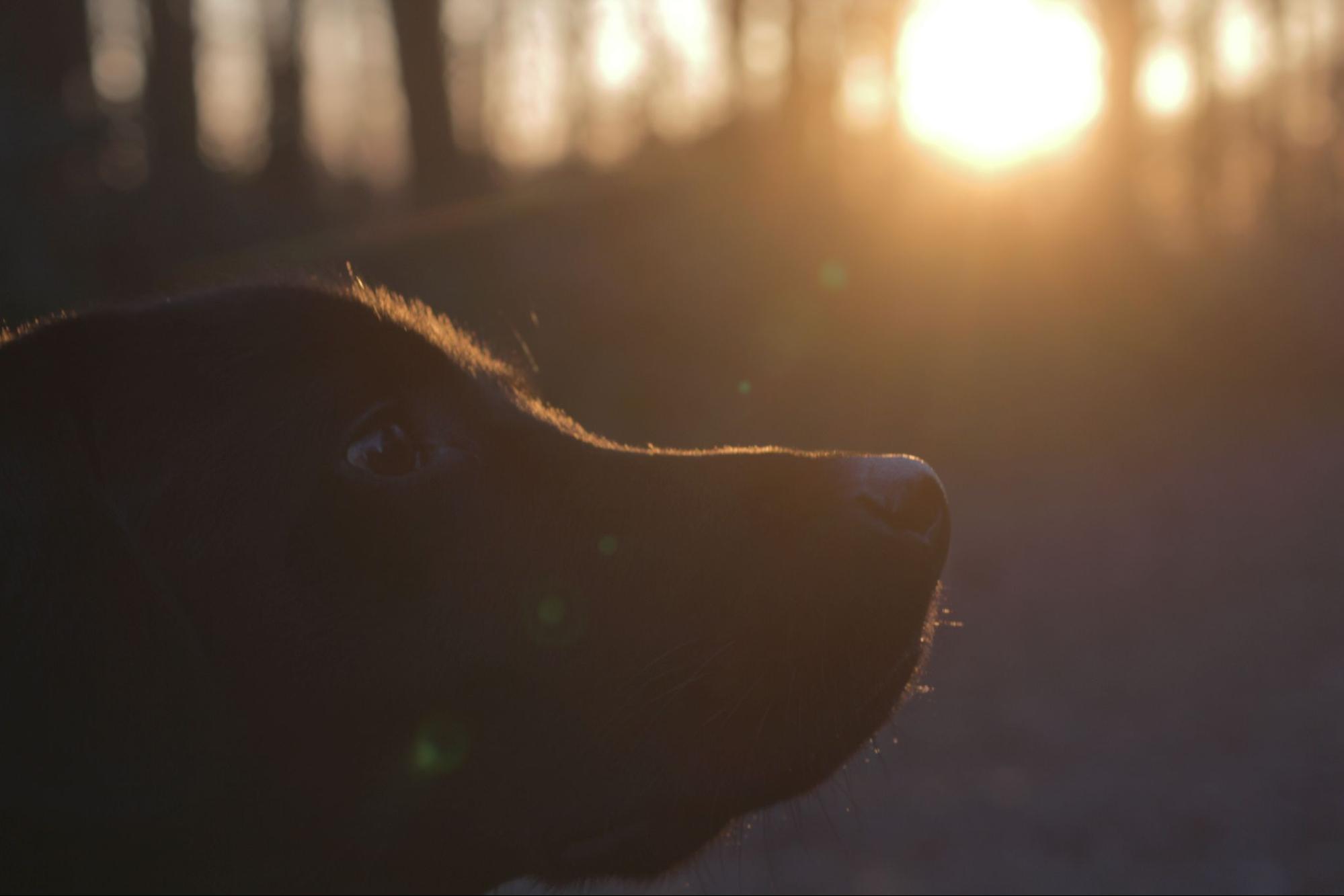How to Stop Reactive Barking
We’ve all experienced it – the unexpected, loud bark from our beloved Labrador that sends us jumping out of our skin. If you’re dealing with this kind of reactive barking, I’m here to help you understand why Labradors bark reactively and share some tips on how to stop it.
Reactive barking is a common issue among dogs, particularly Labradors. It’s their natural response when they get excited or feel threatened. While it might seem like your Labrador is being overly dramatic or hard to handle, remember that this behavior usually stems from fear, anxiety, or overexcitement.
Now the question is: How can we stop reactive barking? The key lies in understanding the triggers and working on desensitization and counter-conditioning techniques. But before diving into those strategies, let’s take a closer look at why Labradors are prone to this behavior in the first place.
Understanding Reactive Barking
I’ve spent countless hours researching why Labradors, known for their friendly demeanor and playful nature, often fall into a pattern of reactive barking. Let me share some insights from my findings with you.
Reactive barking is typically a response to something in the environment that triggers an emotional reaction in your Labrador. It’s almost as if they’re saying, “Hey! That thing is making me uncomfortable!” This behavior can be set off by various triggers such as other dogs, strangers, loud noises or even the mailman dropping off packages.
Why do Labradors bark reactively? Well, it isn’t about being bad or naughty – it’s usually due to fear or anxiety. The world can be an overwhelming place for our canine companions and sometimes their only way of expressing this distress is through reactive barking.
Here are a few key points about reactive barking:
- It often starts out of fear or discomfort
- Can be triggered by multiple factors
- Isn’t necessarily indicative of aggression
- Usually occurs when the dog feels overwhelmed
The first step to stop reactive barking lies in understanding these triggers and working on them systematically. By recognizing what causes your Labrador to bark reactively and addressing it appropriately, you’ll make significant strides towards curbing this behavior.
Now that you’ve got a good grasp on why Labradors might bark reactively and what it entails, let’s dive deeper into how we can stop this type of barking. Don’t worry; although it may seem daunting at first glance, I promise you that with patience and consistency, progress will come!
Identifying the Causes of Your Labrador’s Reactive Barking
You’ve probably asked yourself, “Why does my Labrador bark so much?” Well, I’m here to shed some light on that. The key to stopping reactive barking is understanding why it happens in the first place.
Let’s start with the basics. Labradors are naturally alert and protective dogs; they were bred for work after all. When something unfamiliar enters their territory – be it a person, another dog, or even a leaf blowing in the wind – their natural instinct is to sound an alarm. That’s where the barking comes in.
But sometimes there’s more to it than just instinctual behavior. Fear can also trigger reactive barking. If your Lab has had any negative experiences with certain situations or objects, they might react by barking excessively at these triggers. For example, if your dog was startled by a skateboard as a puppy, they might bark every time one goes past.
Another cause could be frustration. Let’s say you’re out walking and your Lab spots another dog across the street but can’t get to them because of their leash – this could lead to reactive barking due to frustration.
Lastly, consider this: is your Lab getting enough mental and physical stimulation? A bored or restless Labrador will often resort to barking simply because they have nothing better to do!
Here are those causes again:
- Alertness and protection
- Fear from past negative experiences
- Frustration when restricted
- Boredom due lack of stimulation
So next time you wonder “How do I stop my lab from reacting?” remember that understanding why they’re doing it is half the battle won!

The Role of Breed Characteristics in Labrador’s Barking Behavior
In our efforts to understand ‘why do Labradors bark reactively’, it’s crucial we delve into the breed characteristics that might be contributing to this behavior. As a breed, Labradors are known for their high energy levels and their innate desire to communicate with their humans. If you’ve ever found yourself asking ‘how to stop reactive barking’, understanding these traits could provide some valuable insight.
Labradors have been bred for centuries as working dogs. Their ancestors were used primarily in hunting and retrieving, activities that required constant communication between dog and handler. This genetic predisposition towards being communicative can sometimes translate into reactive barking when not properly channeled.
- Energy Levels: Labradors are high-energy dogs who require plenty of physical activity each day.
- Communicative Nature: Labs have been bred over centuries to work closely with humans, making them naturally inclined towards communication (including barking).
Another factor is their highly social nature. Labs thrive on companionship and human interaction; they don’t particularly enjoy solitude. Being left alone or ignored can trigger feelings of anxiety or distress in your furry friend, which might result in excessive or unwarranted barking.